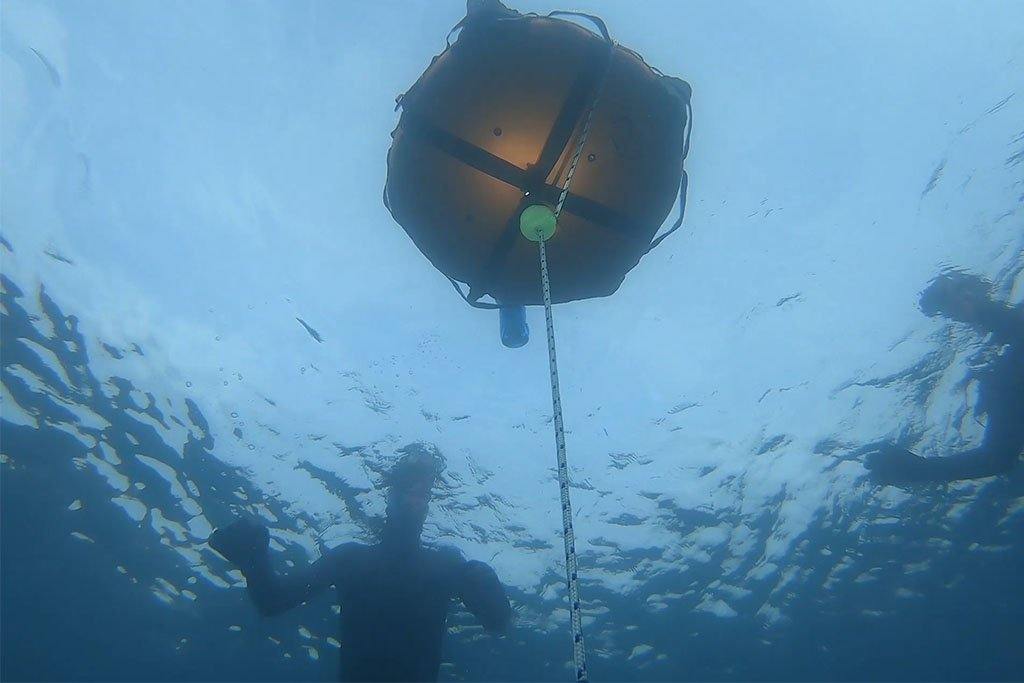
PERFORMING UNDER PRESSURE with Iwan Gojnik
Delma’s partnership with Iwan Gojnik, Swiss freediver and dive instructor brings us closer to the importance of time underwater.
Proper training and techniques, particularly in regard to pressure equalization, are critical for record holders like Iwan as well as beginners in pursuit of reaching greater depths through physical and mental determination.
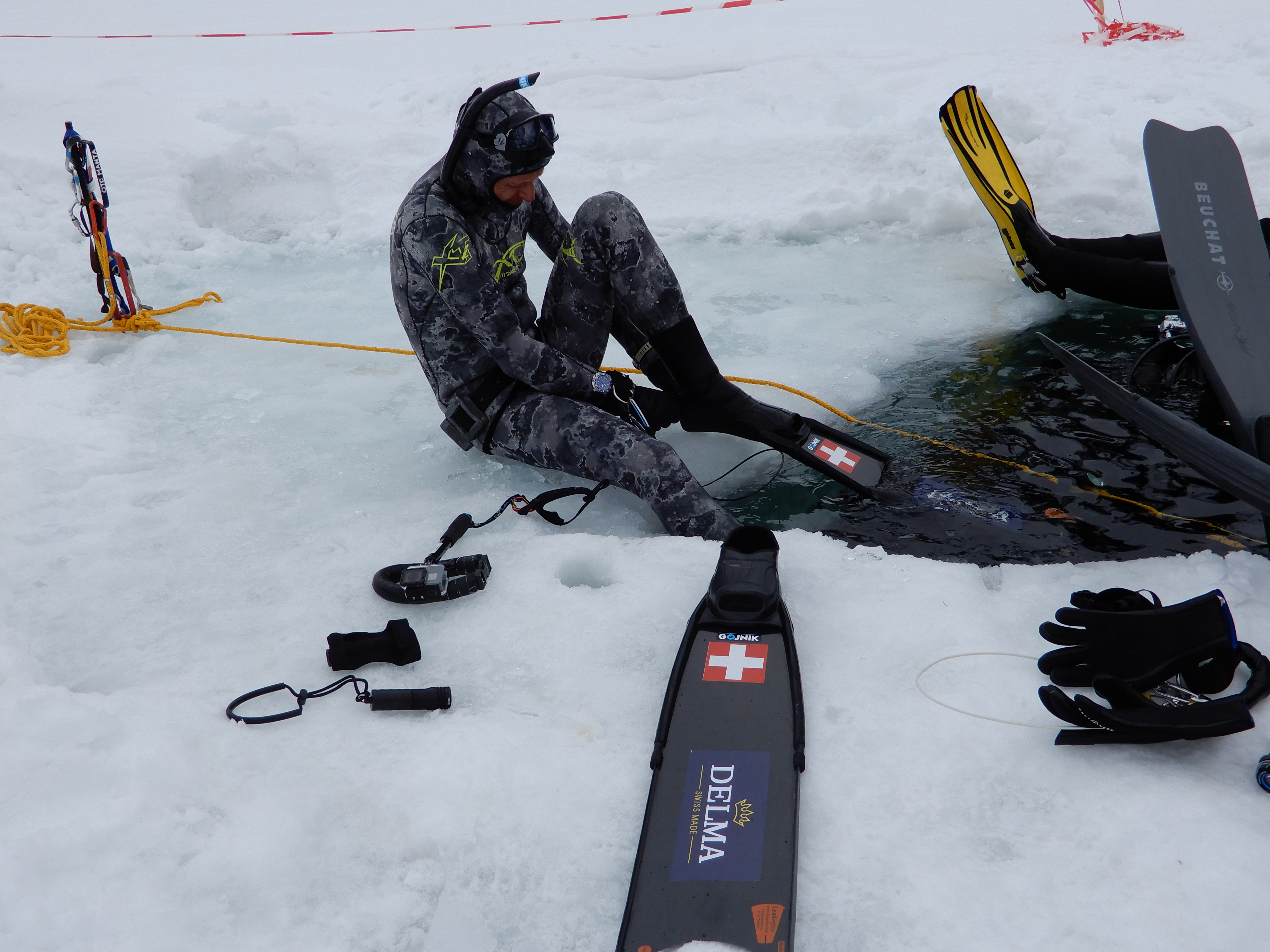
Unlike scuba diving, freediving relies exclusively upon human endurance. No air tanks or mechanical life support aside from accompanying divers are present to assist in reaching incredible depths. Iwan knows how to embrace limited resources to enable himself to push further. When plunging into to the depths of his native Switzerland and beyond, he must simultaneously focus on the physical movement of his extremities and the necessities of his internal organs.
Pressure equalization is at the forefront of thought for freedivers at all levels. On average the air pressure is around 1 bar outside of the water and with every additional 10 meters of depth, 1 additional bar of pressure is added. In freediving, especially in competitions, the diver descends very quickly, at about 1 meter per second. The additional pressure on the eardrum must be equalized with precision.

At shallow depths this is typically achieved by bringing one’s hand to their nose, pinching it and blowing gently, known as the Valsalva maneuver. The Frenzel maneuver is needed for divers looking to go to residual volume and involves making careful movements with the tongue and palate muscles. The more advanced mouthfill technique is performed to go beyond and protects the inner ear in depths where the ambient pressure rises even further.
Hands free equalization affords the diver the advantage to hold their position without the need to reach for their face,
but most divers are never able to achieve this unique skill. While some say it is possible to learn although very difficult, it is considered by many experts as a natural ability that cannot be taught.
When attempting a competitive dive, it is important to be relaxed so there’s no pressure on the lungs. A low pulse is important too. Iwan told us during the dive itself, he rarely looks at his watch.
“Most of the time I close my eyes so I can better focus on pressure balance, posture, fin stroke and so on.”
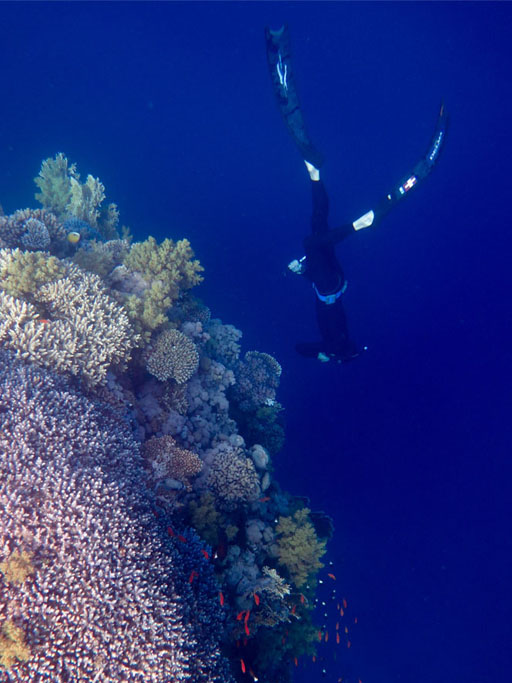
It is essential to constantly equalize pressure to prevent vertigo, ear pain, headaches and other severe or even life-threatening consequences. Failure to pressurize correctly has terminal consequences, prohibiting the diver from reaching imposing depths without perfecting it. This year Iwan faced issues with equalization at surface level on his Free Immersion (FIM) attempt at the Swiss Championship, forcing him to retire from the competition which goes to show how important and delicate pressure equalization is for even the most experienced free divers.
Mastery of bespoke equipment is also crucial in successful freediving. One example of this is the monofin which is so influential, it claims its own category of diving benchmarks.
Delma was incredibly proud to be represented on Iwan’s monofin and wrist when he achieved a Swiss record with constant weight (CWT) monofin in 2019 and took home first place in the Swiss Freediving championship in 2018.
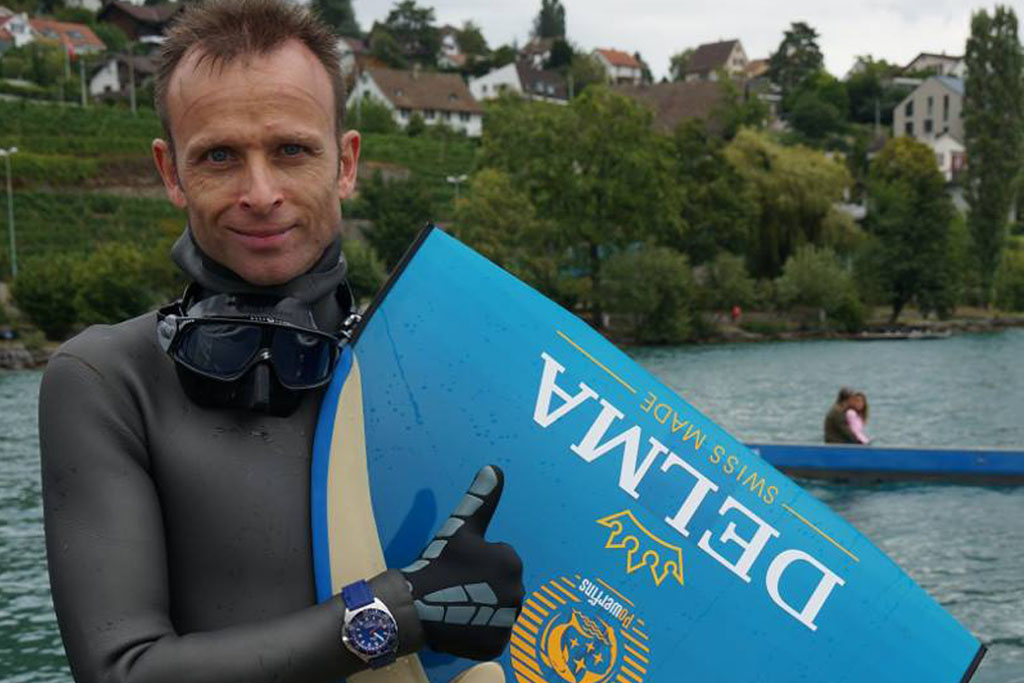
Over the past years we have supported Iwan as he fulfilled his goals and overcame challenges with his Delma Shell Star securely fastened to his wrist. When asked what he values most about his watch, he said he finds comfort in the indestructible feeling of the robust stainless-steel case which radiates safety.
He also said “I appreciate the bracelet made of real rubber, which fits perfectly with every diving suit in my favorite color blue. My Delma is not only practical in diving but also the perfect companion above water.”
A dive computer is almost always a part of his equipment however it is mostly used passively to retrieve dive statistics after surfacing. He believes a real timepiece needs a pointer. In preparation for competition, for example in breathing exercises, he finds orientation with an indicator to be much easier and that the time can be read faster. A conventional wristwatch is also favorable above a dive computer in the more passive stages of competition such as the waiting, warm-up and start zones.
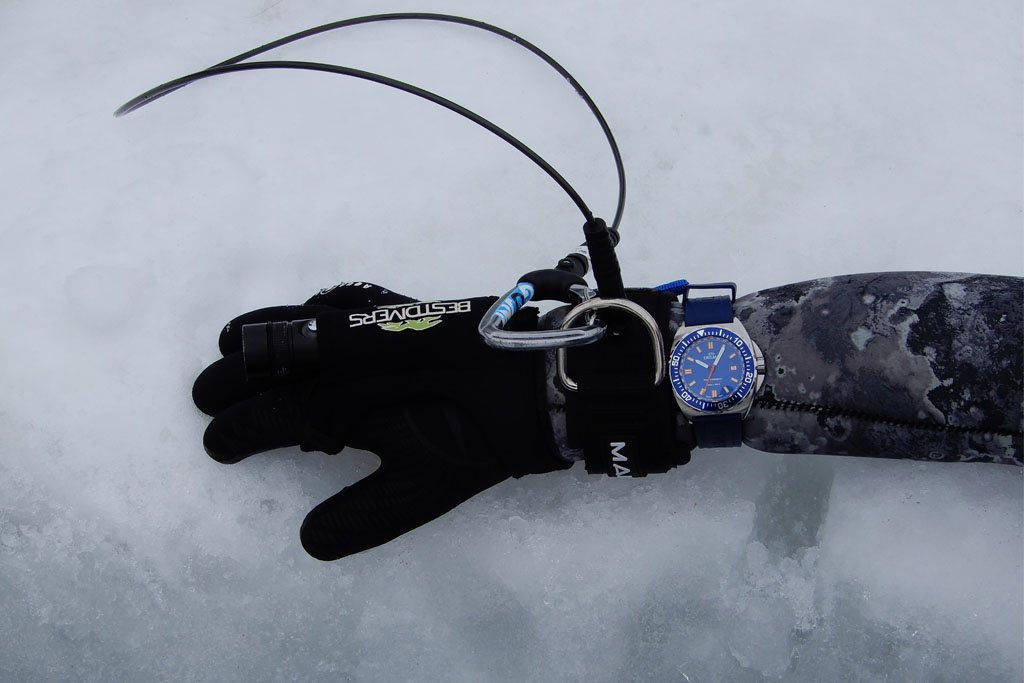
As an avid scuba diver, Iwan learned he consumed comparatively little air and began freediving in 2011. By 2014 he was freediving competitively and has since set a number of significant records. He regularly trains and teaches in an indoor pool in Bern and dives often in the Lake of Thun. He has also taken his sport to the extreme by ice-diving in frozen alpine lakes.
Freediving techniques are achieved through careful practice and training. As records continue to be broken, time will always play a significant role.

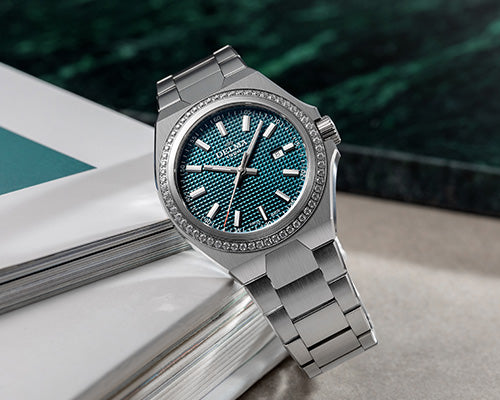
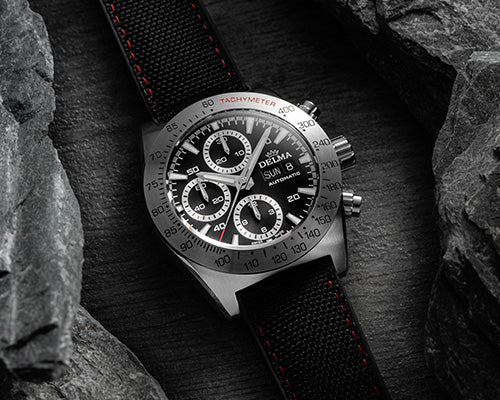
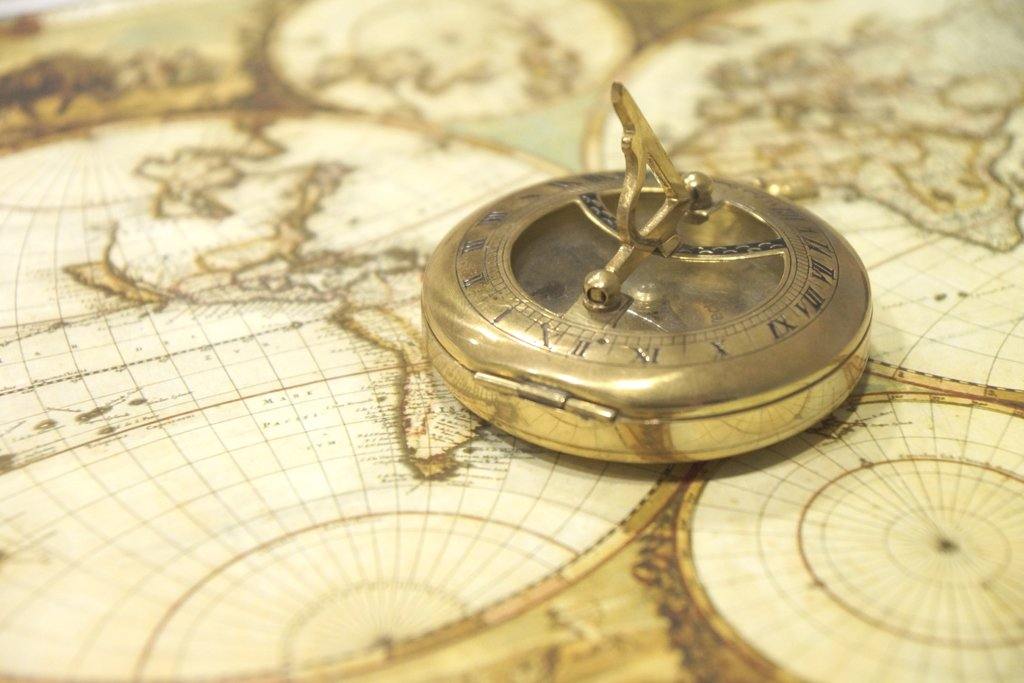
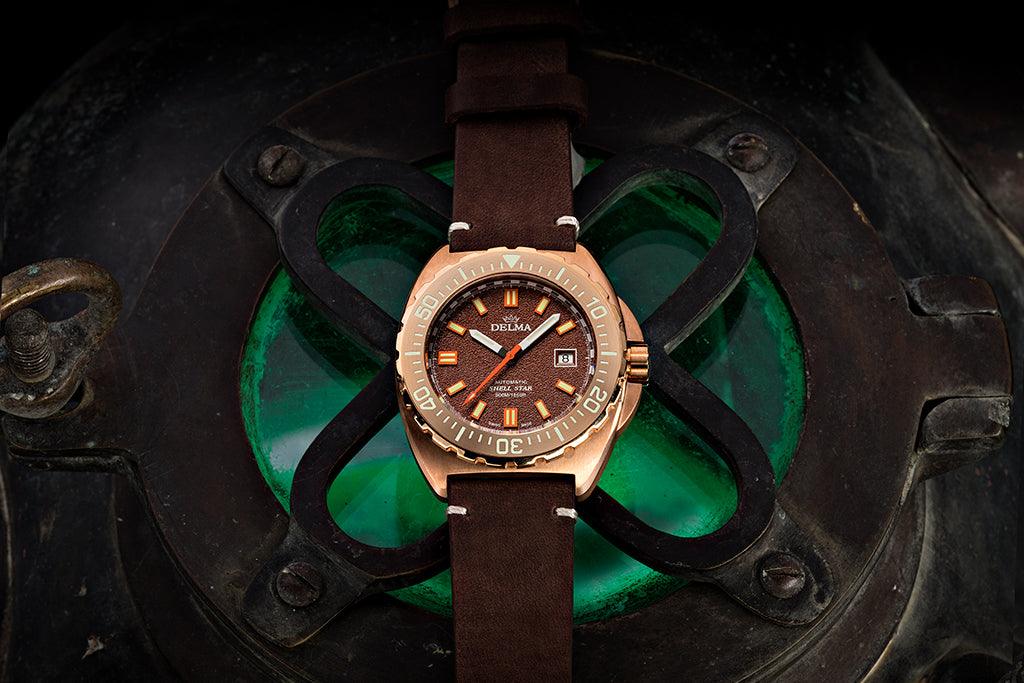
Leave a comment
This site is protected by hCaptcha and the hCaptcha Privacy Policy and Terms of Service apply.